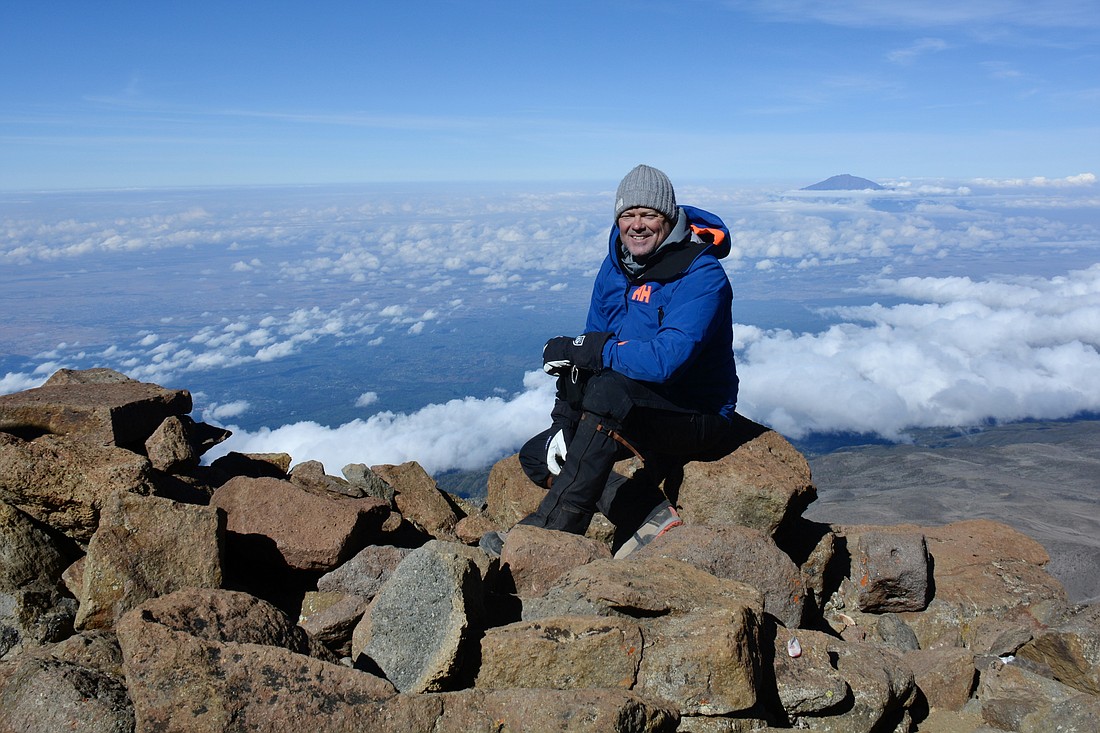- December 13, 2025
-
-
Loading

Loading

Preston Rudie. Rudie, 54, is the founder and CEO of Catalyst Communication Group in Tampa, one of the top public relations firms in the city. Rudie spent a good chunk of his career in Tampa and Wisconsin working as a journalist on TV, radio and print. He also worked as communications director and district director for former U.S. Rep. David Jolly. Rudie started Catalyst, which also handles government affairs and crisis management for clients, in 2017.